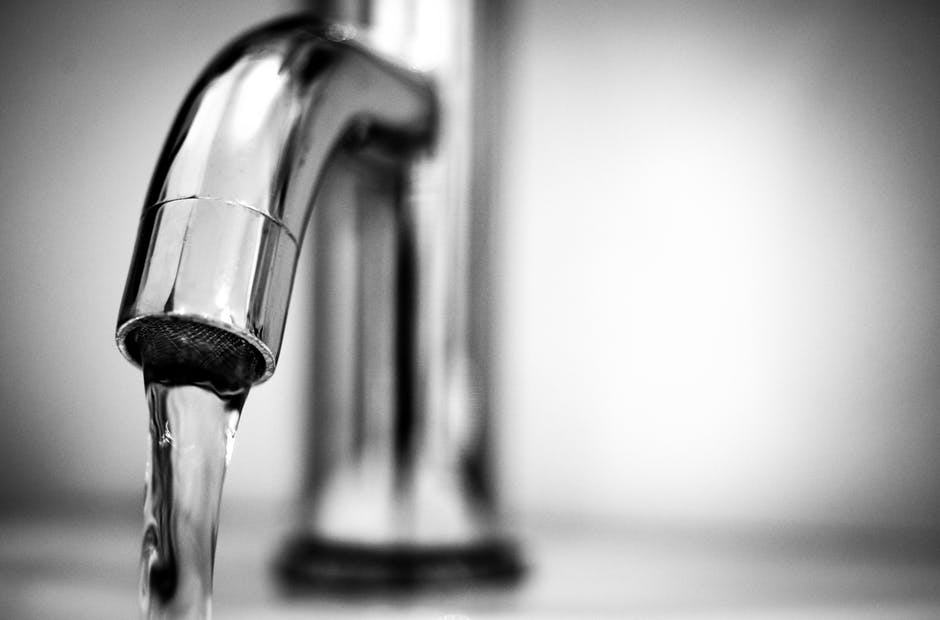Wondering what the difference is between salt-based and salt-free water softeners?
There are two types of water softeners that you can use. You can swap the mineral ions for sodium, creating salt-based water. You can also potassium instead of sodium, making it salt-free.
Many people believe that the only difference is that one doesn’t use salt. However, most don’t realize that there are different benefits to them. Here is a short guide explaining the difference between the two water softeners.
Process of Salt-Based Water Softeners
Salt-based water softeners undergo a process called ion exchange. It’s the process where hard water will turn into soft water.
First, the water goes into a resin tank. It has an electronic metered valve that measures the water. Once measured, the water runs through the cleaning cycle.
Reaching the resin bed, the water will spend some time to reach the desired saturation level. After reaching the required saturation point, it then starts to exchange minerals. The system swaps sodium and potassium chloride with calcium and magnesium.
During the cycle, it runs back the water to flush out trapped minerals. It’s to make sure the water is safe before drinking. Depending on your softener, the water can go through another cycle again.
Process of Salt-Free Water Softeners
How do salt-free water softeners work in your house? It’s simple, it uses a process called Template Assisted Crystallization to make water.
Unlike the salt-based process, it converts the hard minerals of water into crystals. This crystal causes the water to not stick to any surface.
Salt-free softeners also have a feature where it doesn’t soften the water. It neutralizes it, making the water safer to drink. Due to their system not being able to trap minerals, it doesn’t need to undergo a cleaning cycle.
Which Water Softener Should You Buy
When discussing the differences between a salt based vs salt free water softener, it tends to become a tie. However, to get better a final result, we can look over the different water softener systems.
Salt-free water softeners can give protection from hard water scaling. Some systems can add polyphosphate to the water to secure the softener.
Salt-based water softeners are have been around for a long time. One of these classic water systems is the Morton salt water softener. It’s been around since 1848 and has is mainly used for drinking and farming wide areas.
It’s more reliable since it also prevents chemical changes within the tank. It’s great for long-term processes that need tons of cycles on a daily basis.
Know the Difference Between Salt-Based and Salt-Free Water Softeners Before Buying One Today
Salt-based and salt-free water softeners are safe for everyone to use. They give vitamins and minerals, only differing on the amount it limits. Get yourself a water softener and enjoy its benefits today.
We hope you’re able to understand the difference between these two water softeners. Are you wondering how your water system works? Check our other content and discover more about your water system today.
Image Attribution:
Pexels .com royalty-free image #615326, uploaded by user Skitterphoto, retrieved from s.com/photo/macro-photography-of-a-stainless-steel-faucet-615326/ on September 12th, 2019. License details available at .com/photo-license/ – image is licensed under the Pexels License.



